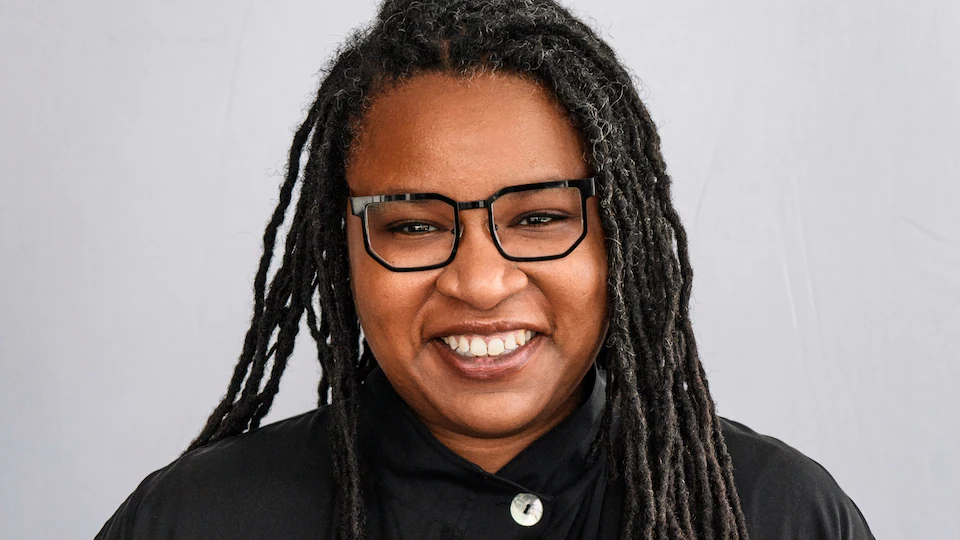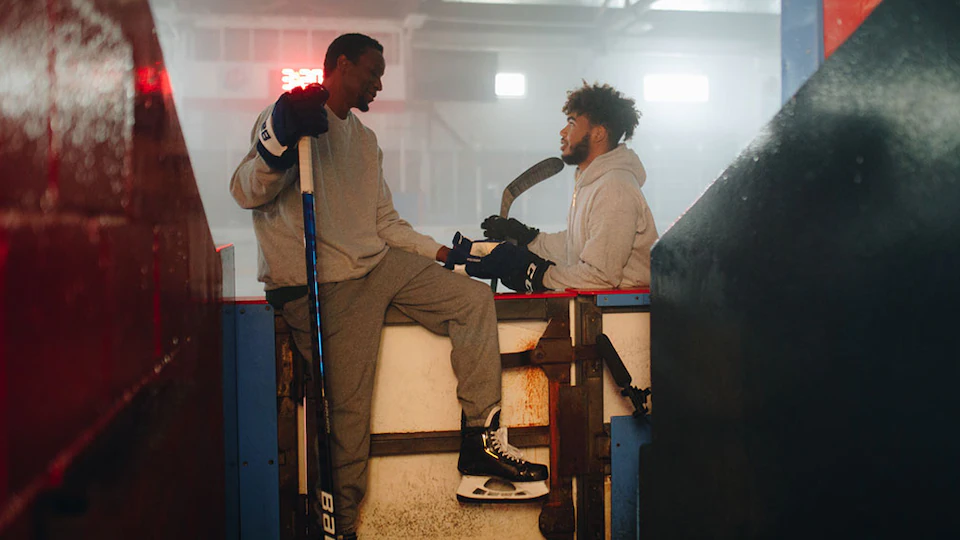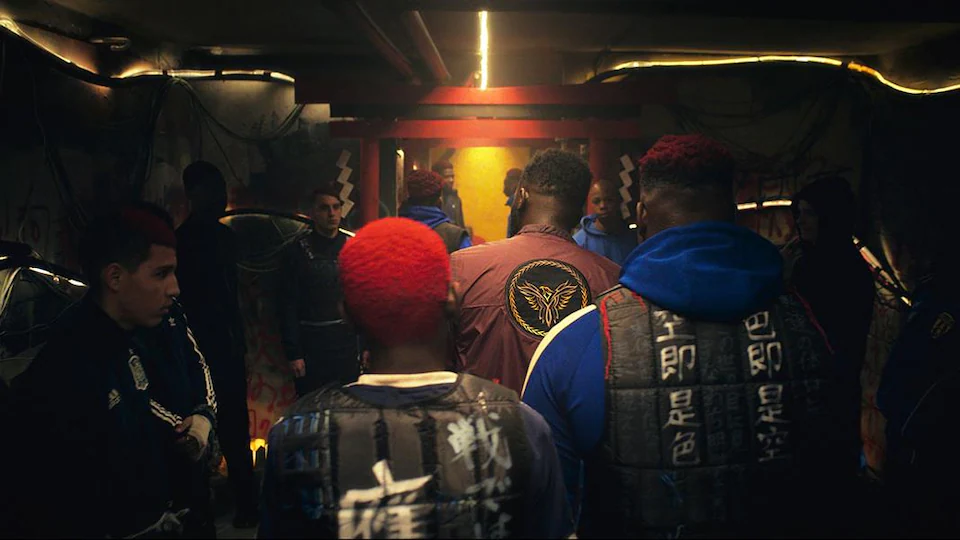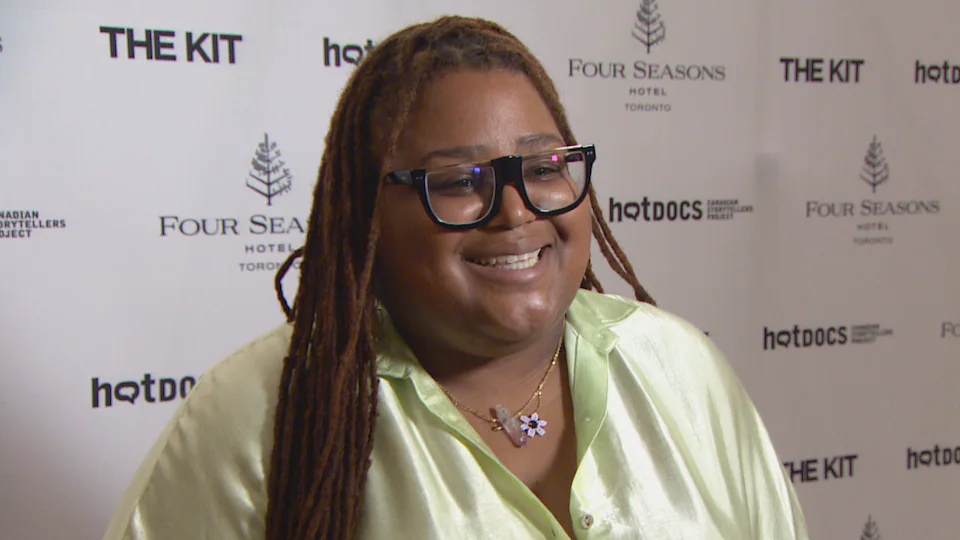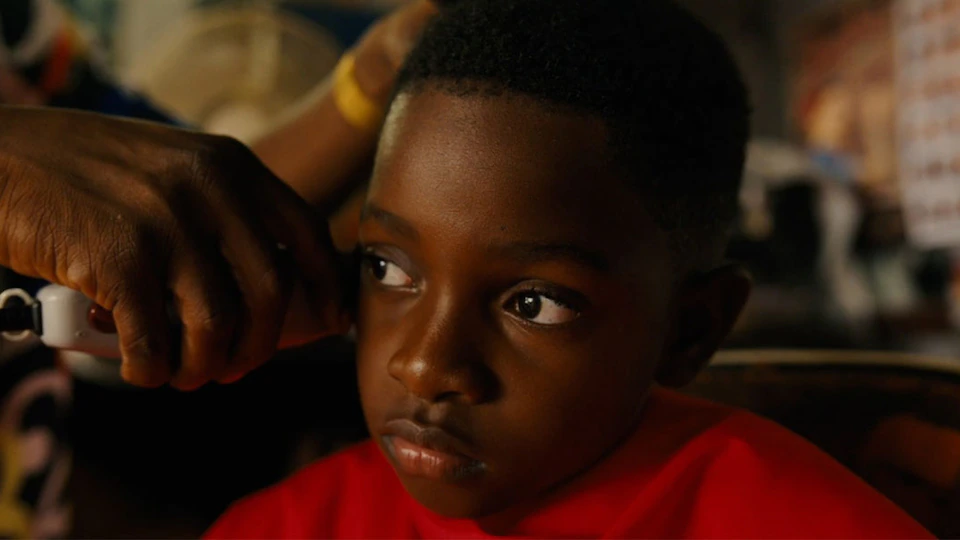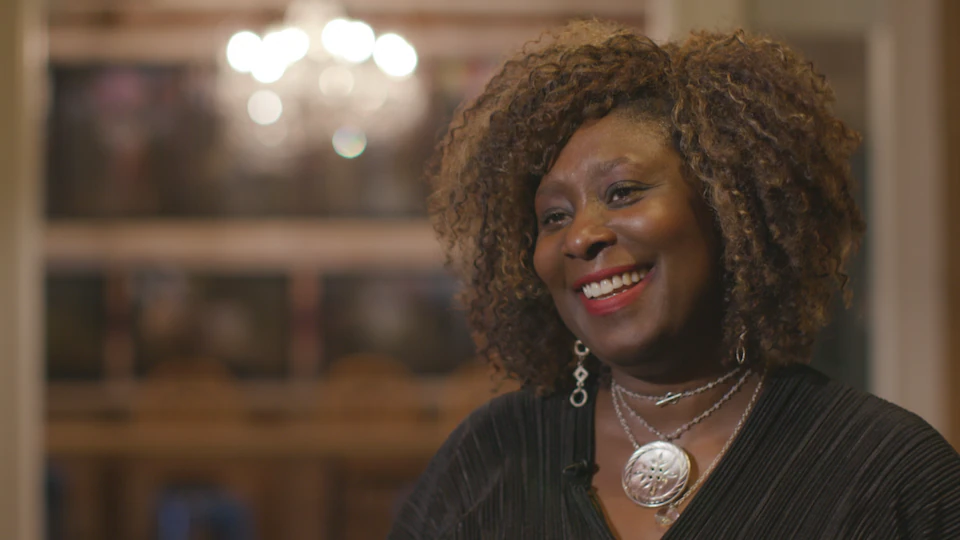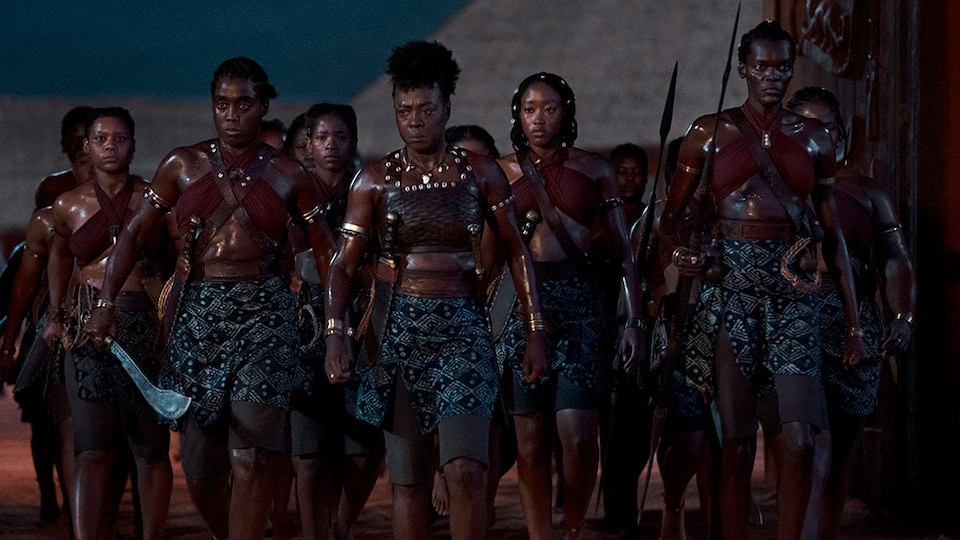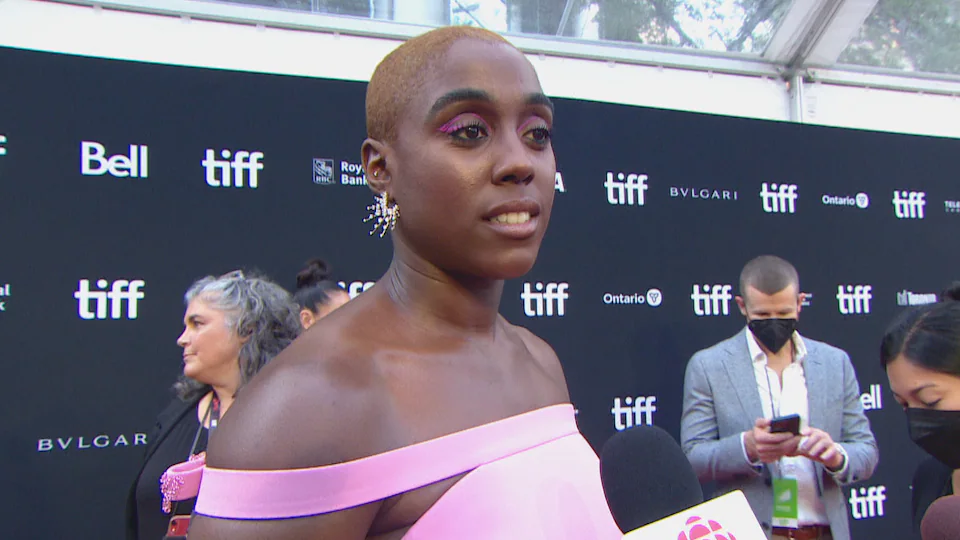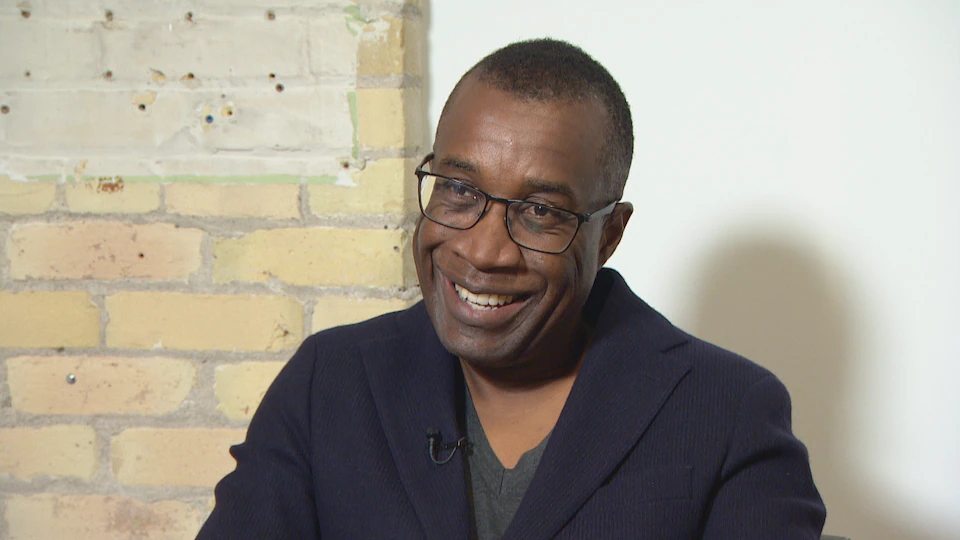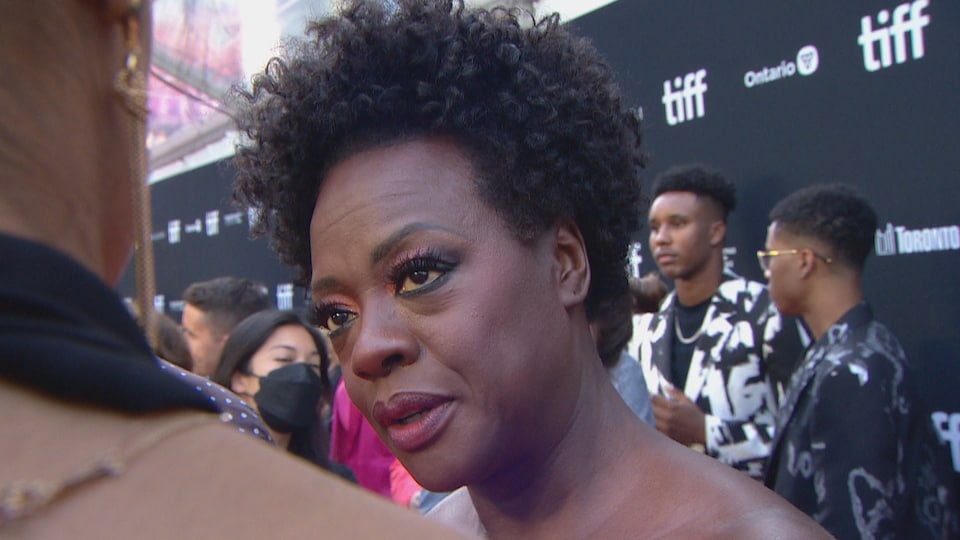TIFF is known for its diversity and strong representation of black diaspora films and black filmmakers
says Nataleah Hunter-Young, the international programmer of films from Africa, West Asia and the Arab world.
In its selection, the festival offers greater visibility to black filmmakers and actors, whether through its discovery platform or its flagship presentations.
A large number of black directors and actors are participating in the festival this year, including in leading roles
she says. In my role, I precisely want to increase the participation of the public and the industry in the films made by [des personnes noires].
The black community is not homogeneous, on the contrary.
These stories, sad or inspiring, offer more and more different perspectives over the years. Experiences that are both diverse and universal.
The documentary Black Ice
for example, looks at the history of anti-Black racism in hockey, from the segregated leagues of the 19th century to the professional leagues of today.
The documentary, directed by Hubert Davis, collects a series of testimonies from black athletes who continue to fight against racism within sport.
The film examines, among other things, the violence suffered by black hockey players and the progress that remains to be made in the sport.
It’s the first time I’ve made a historical documentary that goes back in time. It was an opportunity to speak honestly about racial dynamics in hockey and in Canada
says Mr. Davis.
I’m one of the few black directors in the film industry. The film crews are not the most representative
he observes.
” I understood the importance of having a passion that motivates us, like hockey or cinema, despite the lack of representation around us. It’s vital to have this kind of conversation to improve the situation. »
This is [primordial] to have black people in front and behind the camera because we exist, we have been making films for a long time and people want to see us on the big screen
says Nataleah Hunter-Young. It’s more important than ever
she adds.
Films from Africa or made by filmmakers of African origin also contribute to this mosaic. Movies Gravity
by Cédric Ido and Hawaii
by Maïmouna Doucouré, among others, are good examples.
A diversity of voices
The film When Morning Comes
tries to demystify Jamaica, far from stereotypes and big hotels. This is a work dedicated to people who make sacrifices to allow children to flourish.
My friends and loved ones can finally see themselves on the big screen
says director Kelly Fyffe-Marshall.
” For so long, when I showed up on set, I was the only black person. People thought I was the makeup artist or the hairdresser. »
It’s important to me as a young black woman that people know that I’m the director leading a team of mostly older white men.
explains the filmmaker.
His counterpart, Clement Virgo from the film Brother
shares a similar experience.
As a director, I didn’t see myself in the movies I watched growing up. It was when I saw certain stories that I thought it would be possible. Today I want to pay it forward
he says.
The film Brother
inspired by David Chariandy’s book, reminded me of my own family
says the director and screenwriter.
It is the story of two brothers from a Jamaican-Canadian single-parent family whose dreams are shattered by the violent reality of Scarborough in the 1990s.
I recognized myself in his novel, I saw my mother and my [frères et sœurs]and I wanted to communicate the same feeling to the big screen
says Clement Virgo.
Too little is seen of the stories of immigrant families striving to improve their situation, the sacrifices made by parents, and the willingness of children to please their parents while having their own emotions. I wanted to transmit these emotions to the public
he explains.
George Floyd and the turning point of the film industry
It’s horrible to say, but we are living the legacy of George Floyd’s death. The number of black films and films of racialized people [que l’on voit au TIFF aujourd’hui] is a direct consequence of what happened
says Jennifer Holness, who has been making documentaries for almost 20 years.
As sad as it may be, a global movement has occurred where our voices are heard, respected and uplifted, and the TIFF don’t escape it
she adds.
The film The Woman King
tells the story of an African kingdom, the kingdom of Dahomey, which was defended by a group formed entirely of female warriors.
The film production tackles the horrors of the slave trade, but focuses primarily on these inspiring and tenacious female warriors who protect the community. Filmmaker Gina Prince-Bythewood delivers a captivating story about heroism, solidarity and the power of women.
This film makes history for a number of reasons, not least because it brings together a cast of mostly black women, from the director to the film crew to the actresses and actors on the big screen.
Actress Viola Davis, who plays the lead role, shows courage, determination and strength.
[Ce film] is dedicated to the girl I was at six years old. If she had seen this film, she would have stopped running and she would not have believed the meanness and bullying she suffered at school.
confided Viola Davis to Radio-Canada, on the red carpet, the evening of the world premiere of the film.
Working with an incredible team of black women and shooting the movie about the motherland in Africa, where you see black people everywhere, was a very spiritual experience.
says Lashana Lynch of the film The Woman King
.
” This film is not just a moment, it is a movement that must continue to change the cinematographic landscape. »
Systemic change and lack of resources
We need to encourage more programmers and film buyers from diverse backgrounds. The United States leads the way and Europe does not do enough
notes Jennifer Holness.
Once through the door, don’t wait to be upstairs. Let someone else in so you can see diverse people on sets
adds the director of When Morning Comes
.
” I want the films I see to be representative of the diversity of faces I see in the metro or on the tram. »
The elements that constitute a story and a film and the faces that compose them are changing and I hope that Brother is part of this change
says Clement Virgo.
I hope that a young racialized person will be inspired by my journey to make their own film and tell their own story in order to be seen and heard.
he says.
” At the moment, we are seeing a change, but these are still half measures. I think we’re not listening well enough to the people creating this content. »
Barriers that remain
Lack of resources, existing administrative barriers and limited access to major platforms create pitfalls for actors in the film industry such as black people.
Viola Davis says for example that it took seven years for the film The Woman King
received the funding and support it needed. The production company of her and her husband, JuVee Productionshad to defend the film against all odds, she confessed to reporters on the red carpet of the TIFF.
I think as black people, especially as black women, we’ve been given insurmountable obstacles: our voices have been silenced, we haven’t been seen, we’ve been invisible for so long
launches the actress and producer.
At this point, it’s not just the directors who have to stand up
, thinks Jennifer Holness. The documentary filmmaker believes that it is necessary believe in these stories and decide to encourage them
. This means listening to racialized artists when they say they need more resources.
” I believe change is happening, but funding is still not enough to create meaningful change. […] There is a part of the system that needs to be dismantled and rebuilt to be more inclusive. »
The faucet isn’t fully open, which has created a me versus you mentality
judge for his part Kelly Fyffe-Marshall.
The challenge, according to Nataleah Hunter-Young, is access. We must guide these filmmakers, support them, and give them access to a platform, such as the TIFF. We are committed to expanding audiences and industry [du film]
she adds.
And without the support of members of the public, it will be impossible to redefine the cinema of today, assure the filmmakers. Audiences who want to see these representative and inclusive stories need to be there [dans les salles de cinéma]
concludes Jennifer Holness.
TIFF: Black people’s stories increasingly celebrated on the big screen | TIFF 2022

